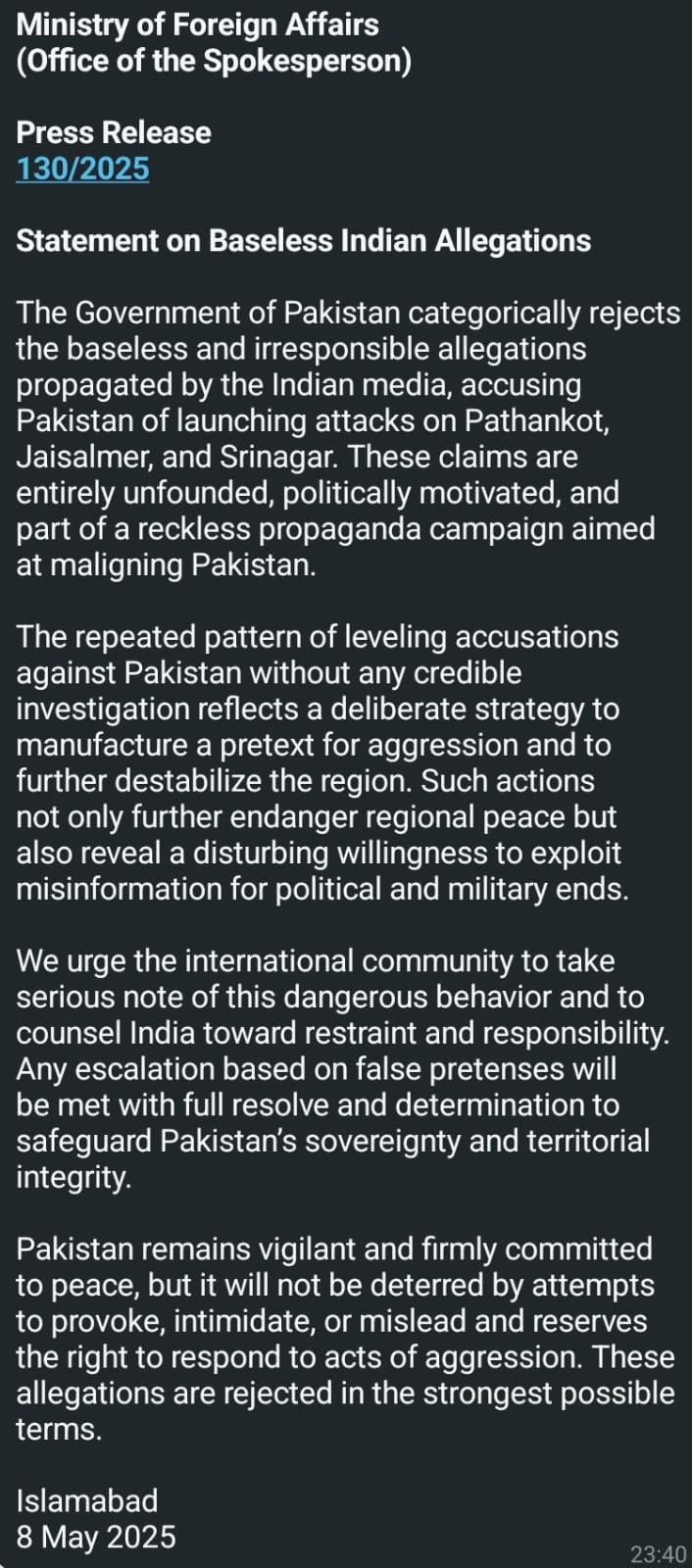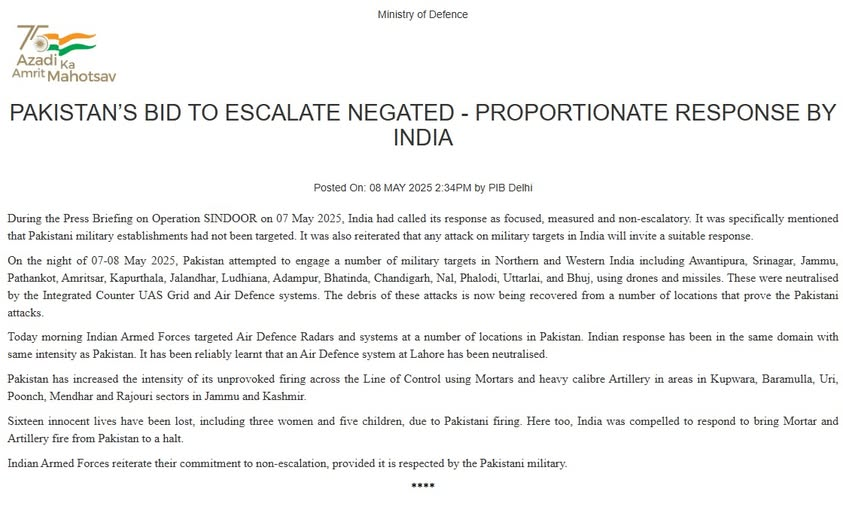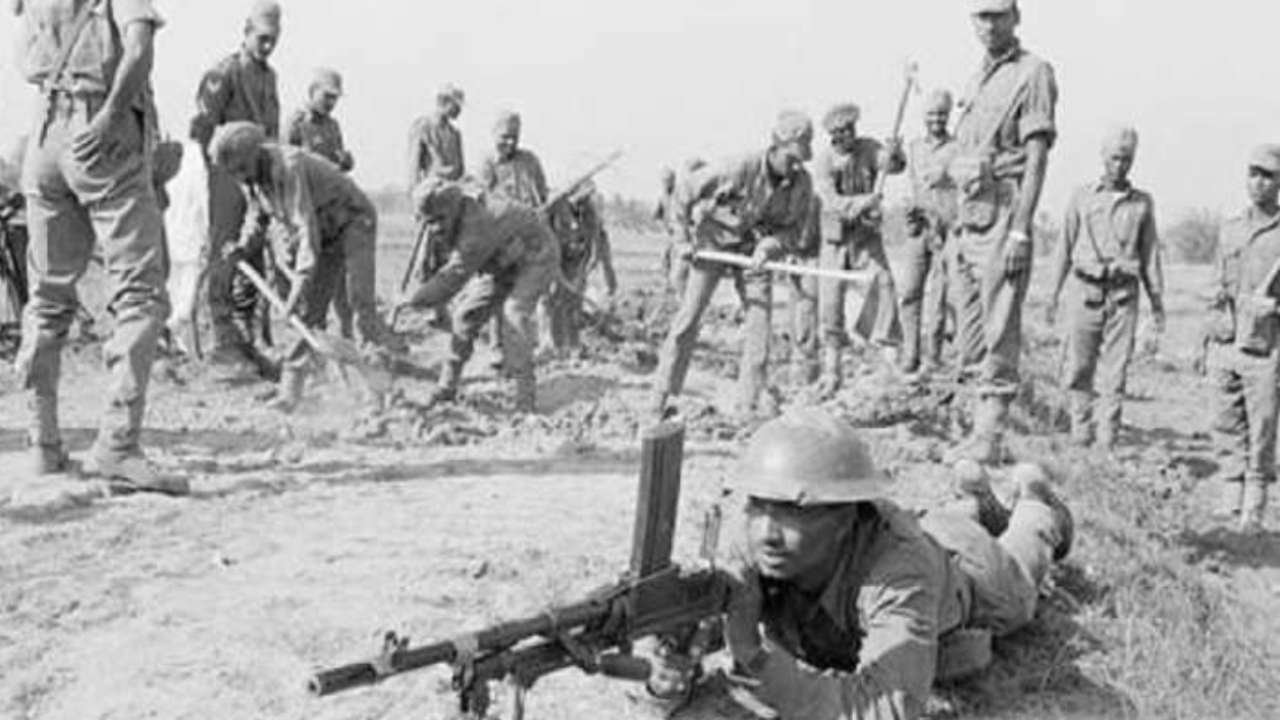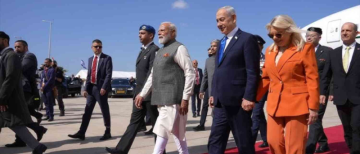Tensions between India and Pakistan have sharply escalated following a deadly terrorist attack in Indian-administered Kashmir in April 2025. Both countries, nuclear-armed neighbors with a long history of conflict, are accusing each other of aggression, leading to military clashes and a diplomatic crisis that has alarmed the international community.
What Sparked the Current Crisis?

On April 22, 2025, a terrorist attack in the Baisaran Valley near Pahalgam in Jammu and Kashmir killed 27 people, mostly Hindu tourists, along with a Christian tourist and a local Muslim. The attackers reportedly targeted victims based on their religion. The Resistance Front (TRF), believed to be linked to Pakistan-based militant groups, initially claimed responsibility but later withdrew the claim. India accused Pakistan of sponsoring the attack, which Pakistan denied.
Military Clashes and Accusations

Following the attack, armed skirmishes erupted along the Line of Control (LoC), the de facto border in Kashmir, from April 24 onwards. Both sides reported heavy cross-border firing and artillery shelling. India launched missile strikes on May 7, 2025, targeting what it described as militant camps in Pakistan and Pakistan-occupied Kashmir under the codename Operation Sindoor. Pakistan condemned these strikes as attacks on civilian areas, including mosques, and reported civilian casualties.
Pakistan claimed to have shot down Indian jets and damaged Indian infrastructure in retaliation. India, in turn, reported that Pakistani artillery fire killed 15 Indian civilians and that Pakistan attempted drone and missile strikes on Indian cities such as Amritsar, which were intercepted by India's air defense system. India then conducted operations to neutralize Pakistan’s air defense systems in Lahore.
Diplomatic Fallout

The military confrontations have been accompanied by a diplomatic crisis. India expelled Pakistani diplomats, suspended visa services, closed borders, and announced withdrawal from the Indus Waters Treaty. Pakistan responded with trade restrictions, airspace and border closures, and suspension of the Shimla Agreement. India also urged its citizens to avoid travel to Pakistan and called for those in Pakistan to return home.

The Role of Leadership and Rhetoric
Pakistan’s army chief, General Asim Munir, has made statements perceived as provocative by India, emphasizing religious differences and reaffirming Pakistan’s claim over Kashmir. His remarks shortly before the Pahalgam attack have heightened distrust and complicated diplomatic efforts. Analysts see him as a key figure whose decisions will influence whether tensions escalate or de-escalate.
Historical Context

India and Pakistan have fought three wars since their independence in 1947, mainly over Kashmir, a region both claim but control only partially. The Kashmir conflict has led to decades of insurgency and violence. Both countries possess nuclear weapons, raising the stakes of any military confrontation. Despite India's larger economy and stronger conventional military, both sides face significant risks from renewed conflict.
Perspectives and Possible Outcomes
Experts emphasize that neither India nor Pakistan can afford another full-scale war due to the catastrophic consequences, especially given their nuclear capabilities. Some analysts suggest Pakistan might seek to "save face" by highlighting its defensive successes and avoid further retaliation, potentially opening a path to de-escalation. However, if either side chooses to escalate, the situation could spiral out of control.
The current crisis reflects deep-rooted mistrust, historical grievances, and the complex dynamics of regional politics. Both countries blame each other for initiating violence, while civilians on both sides suffer. The international community watches closely, hoping for restraint and dialogue.

Final Note
The rising military clashes between India and Pakistan are a serious concern for regional and global peace. The blame game between the two nations underscores the fragile nature of their relationship and the urgent need for diplomatic engagement. Understanding the background, the recent events, and the leadership's role helps provide a clearer picture of this complex conflict, emphasizing the importance of peaceful resolution over further violence.
This article aims to present a balanced and simple explanation of the ongoing India-Pakistan tensions, suitable for readers of all ages, highlighting facts and perspectives without taking sides
With inputs from agencies
Image Source: Multiple agencies
© Copyright 2025. All Rights Reserved Powered by Vygr Media.

















